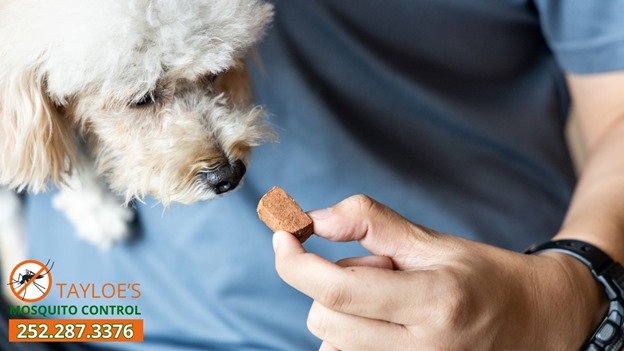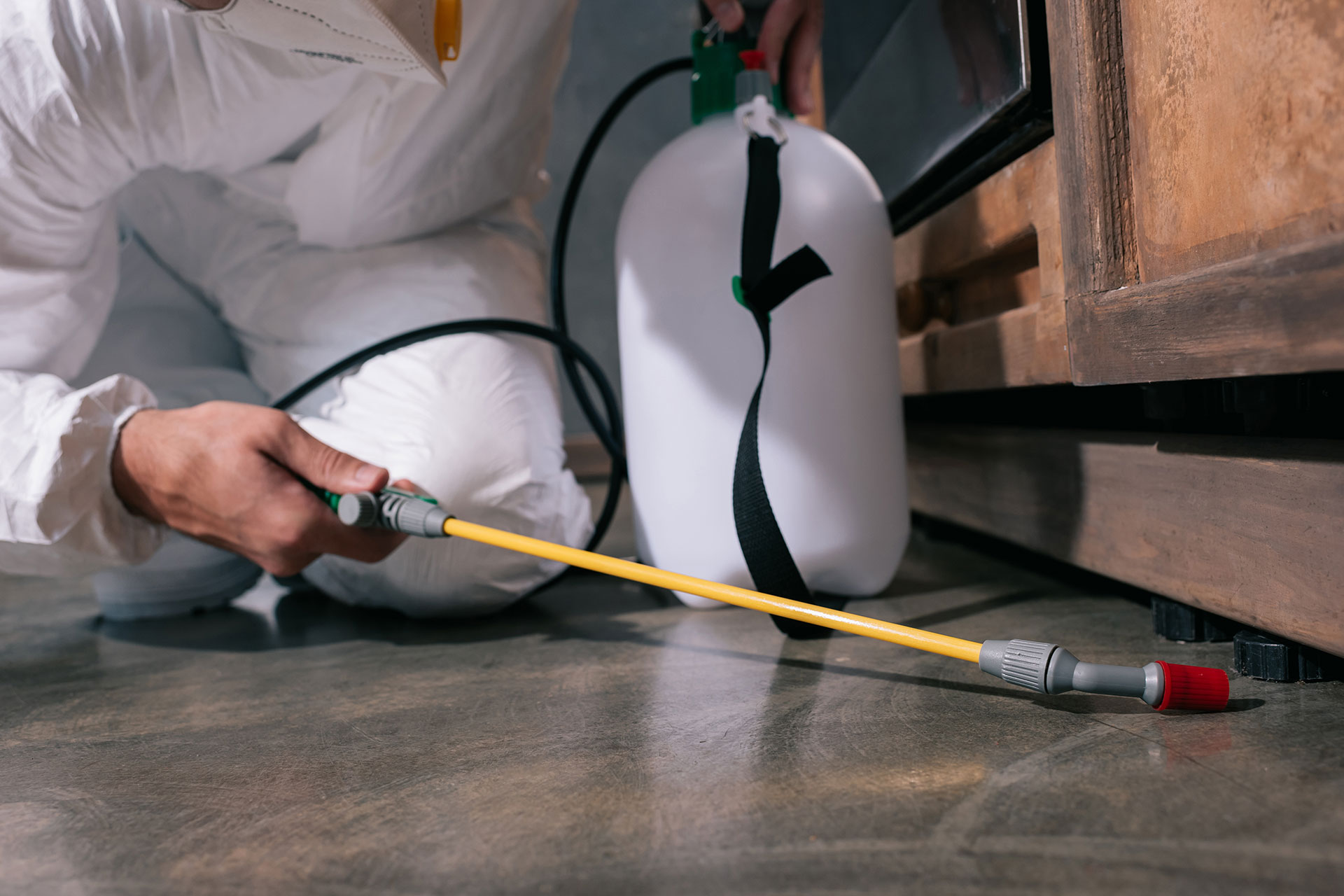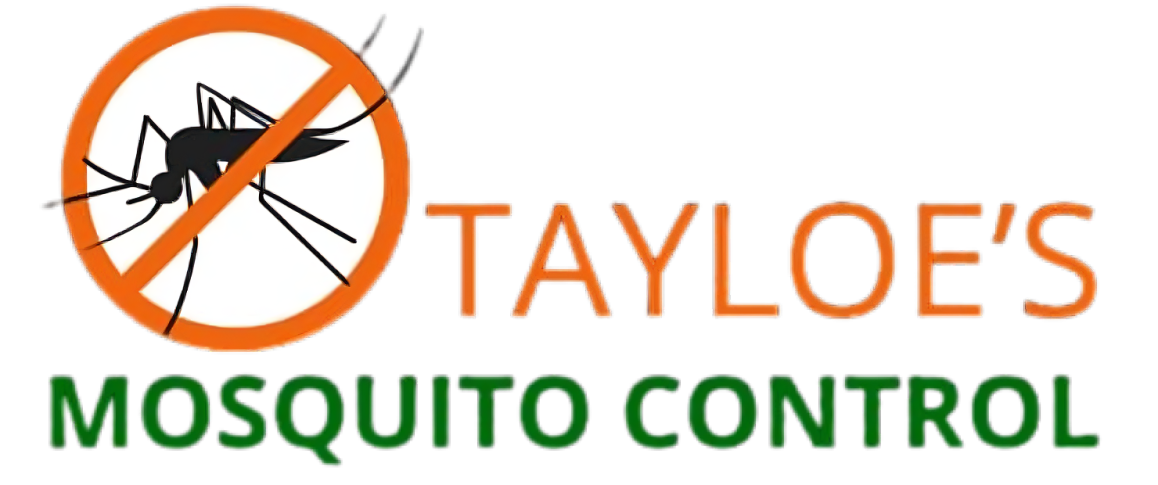Heartworm
Home > Heartworm


Heartworm Disease from Infected Mosquito Bites
Heartworm treatment means protecting pets from mosquito species that carry the potentially fatal disease.
Heartworm disease is a serious and potentially fatal condition caused by Dirofilaria immitis, a parasitic worm transmitted through mosquito bites. Both dogs and cats can contract heartworms, though it is more common and severe in dogs.
How is Heartworm Disease in Dogs and Cats Transmitted?
Heartworm disease is transmitted through mosquitoes biting and can cause severe complications for pets.
When a mosquito bites an infected dog, it ingests microfilariae, immature heartworm larvae, present in the dog’s blood. Inside the mosquito, these microfilariae develop into infective larvae over about 10 to 14 days. Once the mosquito bites another dog or cat, it deposits the infective larvae into the animal’s circulatory system through the bite wound. The larvae then migrate to the heart and lungs, maturing into adult heartworms over several months.
This cycle continues as mosquitoes bite infected animals and transmit the worms to a new dog’s body. Controlling mosquitoes, along with prevention tablets from the veterinarian, is essential for preventing heartworm disease.
Mosquito-heavy areas pose a higher risk for a pet dying from attacks of adult heartworms, making heartworm prevention especially important for pets who spend time outside..
Tayloe’s Mosquito Control
Symptoms of a Heartworm Infection
Heartworm disease can cause a range of symptoms, depending on the severity of the infection and the animal affected. Here are a few clinical signs of heartworm infection a Doctor of Veterinary Medicine will assess:
Signs of Heartworm Disease in Dogs
Coughing
A persistent cough is often one of the first signs, an early sign of respiratory distress.
Fatigue
Dogs with heartworms may become easily fatigued.
Exercise Intolerance
When usually active dogs become easily winded, it may indicate the presence of pulmonary hypertension due to the young heartworms.
Weight Loss
Severe cases may result in a lack of appetite and weight loss.
Congestive Heart Failure
In advanced cases, heart failure or fluid accumulation in the abdomen (swollen belly) may occur.
Heartworm Disease in Cats That Test Positive
If your pets have any of these symptoms, the signs can overlap with other worms and parasites. Your vet will want to take a blood sample and stool to diagnose the infected animal.
Coughing and Wheezing
While cats are less commonly infected, they may experience respiratory issues such as coughing or difficulty breathing. It’s a sign of lung disease related to heartworm or intestinal parasites.
Vomiting
Vomiting, decreased appetite, and weight loss are also common.
Sudden Death
Cats with heartworm disease may show no symptoms before suddenly collapsing or dying from the restricted blood flow.
The American Heartworm Society recommends that pet owners visit their vets for preventive heartworm medications. A simple prevention routine helps avoid their furry buddy becoming another sad statistic. The sad part about the large number of infected dogs and cats is that it’s effortless to prevent the immature worms from becoming adult worms that will cause the heart and blood vessels to experience these issues.
Tayloe’s Mosquito Control
Heartworm Prevention Is Actually Easy
It's easier to prevent heartworm infection than to treat infections!
In fact, a prevention program is the best defense against heartworm disease. Here are some key ways to protect your pets:

Heartworm Preventative

Heartworm Infections if Pet Tests Positive for Infective Heartworm Larvae

Regular Vet Checks

Controlling Mosquitoes

Tayloe’s Mosquito Control
Due to NC's Long Mosquito Season, Year Round Prevention Is Necessary
Mosquito control is essential in preventing the spread of heartworm disease. You can help protect your pets from heartworm infection by reducing mosquito populations around your home. Our professional mosquito control treatments target mosquito breeding grounds and kill adult mosquitoes, providing a safer outdoor environment for your pets.
Heartworm disease is a serious and preventable condition that affects dogs and cats. Proper prevention methods, including heartworm medications and effective mosquito control, can greatly reduce the risk to your pets.
Contact us today for a free estimate for fogging mosquitoes each month. We can help keep your yard safe for you and your furry companions.
